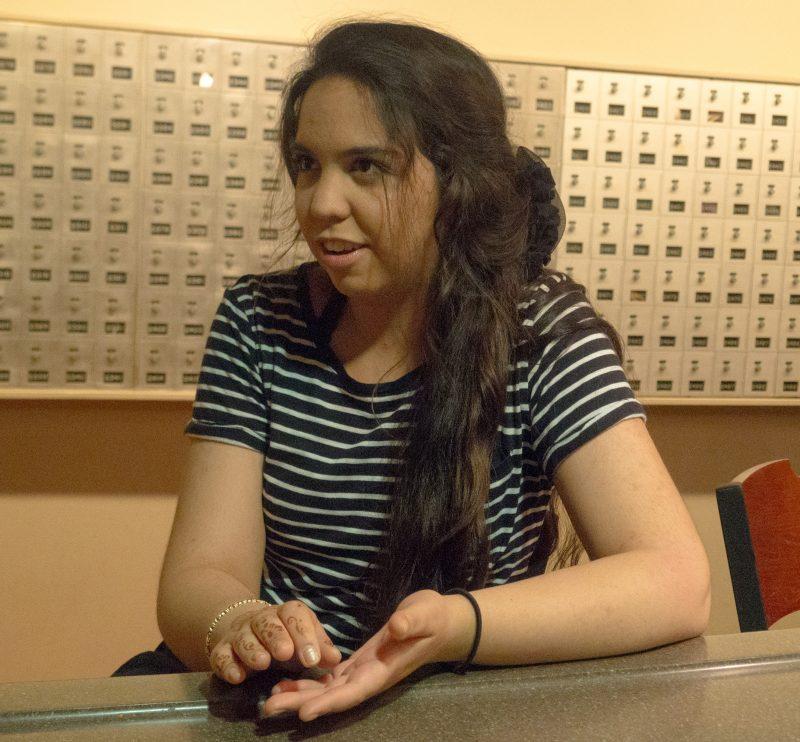Trinity University has 141 international students from 42 different countries. This variety of backgrounds contributes to the global community at Trinity, though international students can sometimes be subject to financial hardships both here at Trinity and at home due to their home countries’ situations.
“Ecuador’s political situation right now isn’t very good. There’s a lot corruption and a lack of jobs, basically. So what was once something that was safe isn’t because there’s no government funds, like in construction for example, and my dad is an architect,” said Alyssa Avalos, first-year international student from Ecuador. “Of course, I had to be aware of my expenses before, but even more so now because I don’t want my family to limit themselves to keep me here.”
Avalos is one example of how international students can be affected by political stability, which might threaten their families livelihood or sometimes — in extreme cases — completely freeze their funds, like in the case of Lutfi Sun, a sophomore international student from Turkey.
“After a political coup failed, the government started to crackdown on people who were criticizing them for corruption and things like that. The government accused many people of being involved in the coup attempt including my father and two of my uncles, and then they arrested them,” Sun said. “Then our bank accounts were blocked. Our passports were seized, and I wasn’t able to leave the country.”
Fortunately, Sun was able to get a civilian passport and leave Turkey soon after.
University staff and fellow classmates helped Sun in securing enough funds to continue his time at Trinity. While Sun’s situation is more extreme than most, he is not the only student to be almost physically stopped from returning to Trinity.
Sebastian Mencia, first-year international student, was almost stopped by riots in Honduras from both returning home and coming back to Trinity over Christmas break.
“There was a lot of trouble with elections in my country. Fraud stuff, just a lot of mess. People were rebelling against the government. They were burning down houses, groceries stores, big super markets, just everything they could — even churches,” Mencia said. “People fought against police and that caused the country to become stuck for, like, two months. I was very lucky, for exactly the day I got back for Christmas break it was calm.”
Changes in currency value can also have a big impact on international student’s ability to pay. Depreciation of a student’s home currency or an increase in the strength of the dollar can suddenly increase a student’s tuition.
“When Trump was heading in the elections and eventually won, we did see a depreciation of the peso, and because my father earns his money in pesos to pay for tuition for me at Trinity, our costs skyrocketed,” said Daniela Montufar Soria, a junior international student from Mexico. “Additionally, we had some issues due to insecurity in Mexico, so that’s why we had to move here to the United States. when my father lost his job, I was suddenly unable to pay for my Trinity education.”
The complexity of these issue makes it hard for Trinity to help its international students, especially when it comes to currency exchange rates. If a family is paying tuition with a foreign currency and its value weakens in comparison to the dollar, the real cost of an education abroad rises.
“We don’t have any policies in place that if a currency were to work in favor of a student that we would go try to recoup the money. Currencies rise. Currencies fall. They are valued differently every day,” said Eric Maloof, vice president for Enrollment Management. “So Trinity does not have policies in place that would either advantage or disadvantage international students during their time at Trinity.”
Montufar Soria intends to take advantage of her role as a Student Government Association (SGA) senator to help enact change. SGA in turn has opened up a dialogue between the administration and international students.







